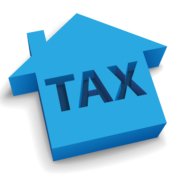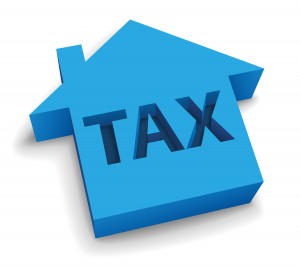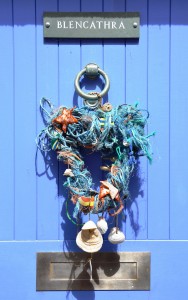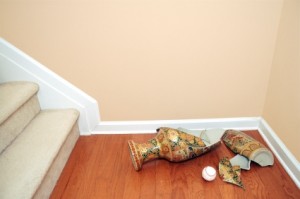Do you have a television in your holiday home?
 Many of us will be familiar with needing a television licence for our own home, but as the owner of a holiday let or cottage complex, do you know which tv licence is required?
Many of us will be familiar with needing a television licence for our own home, but as the owner of a holiday let or cottage complex, do you know which tv licence is required?
The majority of holiday cottages across the country will now contain at least one television and with the licensing authority making regular trips to accommodation providers, those not complying risk staring down the barrel of a hefty fine.
When are television licences for holiday cottages required?
You’ll need a license if visitors to your holiday home watch or record television programmes as they’re being shown on TV. This will include any device on which they’re being watched, for example televisions, laptops, or digital boxes.
Which licence will you need?
A single Television Licence costing £159.00 (price correct as of April 2021) known as a `Hotel and Mobile Units Television Licence‘ (hotel licence) will cover up to 15 holiday homes on a single site, such as a holiday cottage complex. If you have more than 15 holiday homes on a single site, there is an additional fee for every five extra homes (or fewer).
If a public road, highway or railway divides your premises, you will need to have a licence for each location. This will also apply to owners requiring television licences for holiday cottages in different geographical areas. Individual licences can be purchased with one annual payment under a Company Group TV Licence. If any of your properties are let to long term tenants they will need a separate licence of their own.
What if your holiday cottage is attached to your own home?
If your holiday let adjoins your home and is self contained it will still require its own hotel licence and will not be covered by the television licence for your own home.
What are the costs of getting it wrong?
Enquiry officers have a database of more than 30 million UK addresses and regularly make visits to premises. This includes holiday homes and cottages, where they suspect people may be watching television illegally.
Holiday homeowners without a valid Television Licence will be risking a fine of up to £1,000.
For more information on television licences for holiday cottages please visit www.tvlicensing.co.uk
Boshers offer specialist holiday home insurance to holiday letting owners across the UK. Our policy includes accidental damage for contents including televisions, audio and video equipment. Standard limits of £1500 per appliance apply, with a total per letting property of £5000. These limits may be increased for an additional charge. To find out how we can help and support your holiday home business, give us a call on 01237 429444.


 June 2014 was one of the warmest and driest in the past decade, worthy of a blog on BBQ Safety for Holiday Home Owners. Whilst in recent times the words ‘barbecue summer’ have become somewhat synonymous with an unfortunate Met Office prediction of a return to the summer sunshine of yester years only to be followed by one of the wettest summers on record.
June 2014 was one of the warmest and driest in the past decade, worthy of a blog on BBQ Safety for Holiday Home Owners. Whilst in recent times the words ‘barbecue summer’ have become somewhat synonymous with an unfortunate Met Office prediction of a return to the summer sunshine of yester years only to be followed by one of the wettest summers on record.
 We’re currently highlighting the ‘Let Property Campaign’ being run by HM Revenue and Customs (HMRC) that is open to those renting out a holiday home to paying guests and have yet to declare the income.
We’re currently highlighting the ‘Let Property Campaign’ being run by HM Revenue and Customs (HMRC) that is open to those renting out a holiday home to paying guests and have yet to declare the income.
 With more than 7,000 miles between Britain and Hawaii it may seem the two are quite literally poles apart, if not only in terms of geography but also meteorologically given the potential inclemency of a British summer.
With more than 7,000 miles between Britain and Hawaii it may seem the two are quite literally poles apart, if not only in terms of geography but also meteorologically given the potential inclemency of a British summer.











